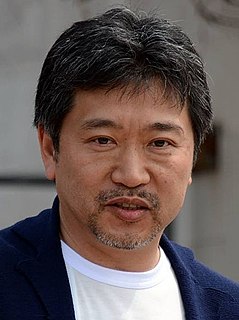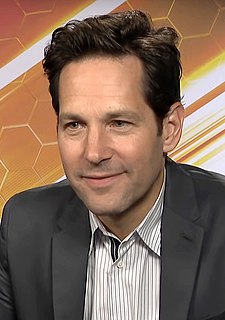A Quote by Sergei Lukyanenko
This is the inevitable consequence of a popular movie: you become the guy who wrote "the book that inspired the movie." Frankly speaking, I find it a bit insulting.
Quote Topics
Related Quotes
In editing, you really face what the movie is. When you shoot it, you have this illusion that you're making the masterpieces that you're inspired by. But when you finally edit the movie, the movie is just a movie, so there is always a hint of disappointment, particularly when you see your first cut.
I'd say the purest experience for the movie is not to have read the book because I think when you've read the book you're just ticking off boxes. I think that after you see the movie, reading the book is a cool thing. I always say the movie's not meant to replace the book. That's ridiculous. I'm a huge fan of the book.
Obviously it's easier when I' m doing the adapting myself. But my feeling is, your potential upside far outweighs the downside. Ultimately, they [moviemakers] can't change your book. Your book remains on the shelf the way you wrote it. If they make a great movie of your book, then you have the equivalent of millions and millions of dollars of advertising for your book. If the movie's not that good, that doesn't mean the book's not good. It doesn't change what you've already written. It has the potential to reach more people.
I put in all the dirty words. It works really well. The thing that we found with 'Drive Angry,' more than anything else is that we wrote the movie that we wanted to see. I've done that before. I've wanted to see 'Jason X'. It did not become the movie that I thought it would be. That happens. It's happened with every movie I've ever done.



































